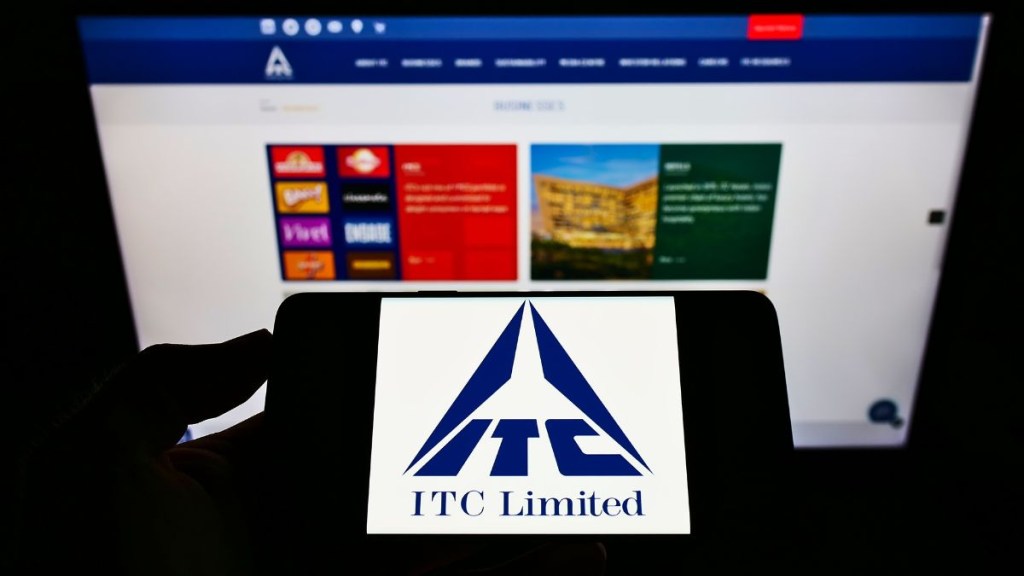ITC Limited, the tobacco, hospitality and foods conglomerate, has outlined an ambitious sustainability target. In its recently released 22nd Sustainability Report, the company has committed to achieving “Net Zero Operations” by 2050 and outlined the achievements towards that goal so far. A significant milestone is the company’s claimed achievement of remaining “Plastic Neutral” for four consecutive years.
ITC claims it has sustainably collected and managed 76,000 tonnes of plastic waste in the last financial year, which is higher than the amount of plastic packaging material it has introduced into the market. The report also states that more than 99 per cent of the solid waste generated from its factories was recycled, highlighting the importance of developing a circular economy.
According to the Climate Risk Index 2025, India ranks among the countries most affected by extreme weather events over the long term. In 2024 alone, India experienced extreme weather on 322 out of 366 days—nearly 88 per cent of the year. Meanwhile, degradation of natural ecosystems continues. India has already lost over 40 per cent of its mangrove cover in certain coastal belts, while urban green spaces shrink rapidly due to growing urbanisation.
Also read: ITC Hotels Q1 Results: Profit surges 53.41% to Rs 133.71 crore; shares up 2.87%
Focus on Renewable Energy
With climate change becoming a growing concern globally, the company has also announced that it has met its 2030 target of sourcing 50 per cent of its energy from renewable sources, in addition to its 2050 goal. ITC reported 52 per cent renewable energy consumption in FY 2024-25, thanks to significant investments in green infrastructure and green buildings.
In the report’s foreword, Sanjiv Puri, Chairman & Managing Director of ITC Limited, stated: “Competitive enterprises of tomorrow will be those that embed sustainability at the core of corporate strategy.” He highlighted the company’s framework, pursuing an agenda for both climate adaptation and mitigation.
Also read: Green practices riding on innovation, key to business sustainability: ITC’s Sivakumar
ITC claims to have developed a multi-layered biodiversity blueprint to regenerate degraded ecosystems across India. These include mangrove conservation, urban Miyawaki forests, watershed restoration, and afforestation. Last year, ITC claimed to have conserved 1,000 acres of mangroves, which include restoring degraded patches and planting native species. Another project included protecting Olive Ridley turtles along the coastline. Over 9,200 turtle hatchlings were successfully released into the sea last year.
To address water scarcity, ITC says its watershed development programme revived four river basins with negative water balance and is now working on rejuvenating a fifth river. It also states that it has created green cover over more than 13 lakh acres through its afforestation programme, which has become a sustainable supply chain for its paper business.
Sustainable Social Impact
The report also highlights the company’s social impact, claiming that its various sustainable initiatives support approximately 9 million livelihoods, with a goal of reaching 10 million by 2030. It outlines that its social investment programme, ‘Mission Sunehra Kal,’ has empowered over 6 million women and provided educational support to 2.2 million children.
In agriculture, the company states that its Climate Smart Agriculture programme has expanded to cover 3.17 million acres, making 1.2 million farmers climate-resilient. It also points out that its ‘phygital’ ITCMAARS platform helps transform agriculture by promoting regenerative practices and improving farm incomes. Overall, the report highlights how Indian companies can build economic value, support livelihoods, and slowly restore the environment and resources through smart practices.

